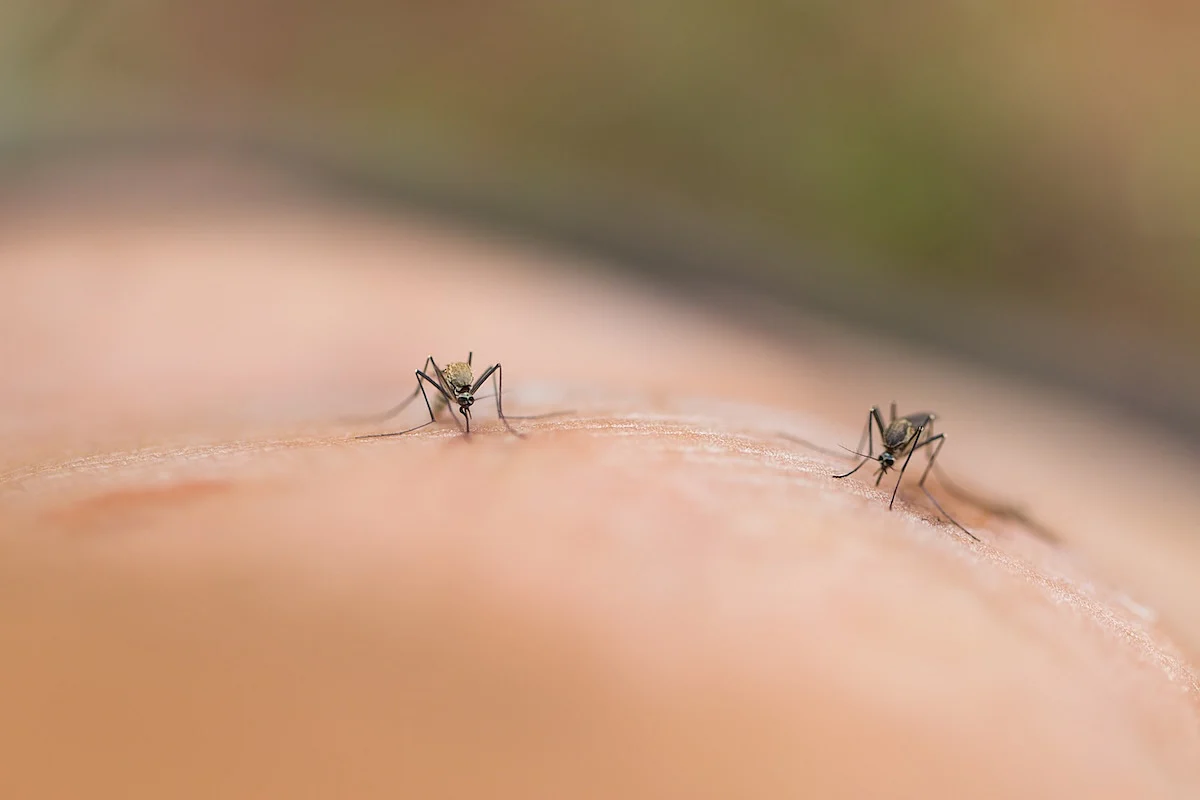Get Healthy!

- Posted August 8, 2025
CDC Warns Travelers After 8,000+ Chikungunya Cases Reported in China
Health officials in China are reporting more than 8,000 cases of chikungunya, a virus spread by mosquitoes that can cause fever and painful joints.
The outbreak is centered in Foshan, a city in the southeastern province of Guangdong with nearly 10 million people. Hong Kong, Macao and Hunan province — more than 400 miles north — have also reported cases.
In response, the U.S. Centers for Disease Control and Prevention (CDC) has issued a warning for travelers headed to China and other countries dealing with outbreaks, including Bolivia, Kenya, Madagascar, Mauritius, Mayotte, Réunion, Somalia and Sri Lanka.
Chikungunya can cause serious pain, especially in the joints.
“[It] can leave people disabled for weeks, months and potentially years," Dr. Peter Chin-Hong, an infectious disease expert at the University of California, San Francisco, told The Washington Post.
The chikungunya virus is spread by two types of mosquitoes: Aedes aegypti and Aedes albopictus. The virus is common in many warm regions, including Asia, Africa and the Americas, according to the World Health Organization.
Mosquitoes become infected when they bite someone who already has the virus, according to the CDC. They can then pass the virus to others through new bites.
The virus could be passed through blood transfusions or contact with infected blood. It is not spread by coughing, sneezing or touching.
Symptoms usually begin three to seven days after a person is bitten by an infected mosquito, the CDC says. These include fever, joint pain, headaches, rash and more.
Though chikungunya is rarely deadly, the joint pain can last for a long time. Older adults, babies and people with conditions like high blood pressure, diabetes or heart disease are more likely to get seriously ill.
As of July, about 240,000 chikungunya cases have been reported worldwide this year, and 90 people have died, according to the European Center for Disease Prevention and Control.
There is no specific medicine to cure chikungunya, but two vaccines are now approved in the U.S., with the first receiving approval in 2023, The Post said.
However, China doesn't have access to those vaccines. Instead, health officials there are using other methods to slow the outbreak, such as using drones to spray mosquito repellent and releasing fish into ponds to eat mosquito larvae. Hospitals are required to report new cases within one day, The Post reported.
To prevent mosquito bites, the CDC recommends wearing long sleeves and pants when outdoors, using insect repellent and staying inside places with air conditioning or screened windows.
Further, vaccines are recommended for people traveling to areas with outbreaks, especially for folks staying for extended periods.
Chin-Hong added that vaccines are a major step forward.
“It will be a matter of implementing them in the places that need it the most,” he told The Post.
More information
The Cleveland Clinic has more on the causes, symptoms and treatment options for chikungunya.
SOURCES: The Washington Post, Aug. 6, 2025; U.S. Centers for Disease Control and Prevention, Aug. 1, 2025
